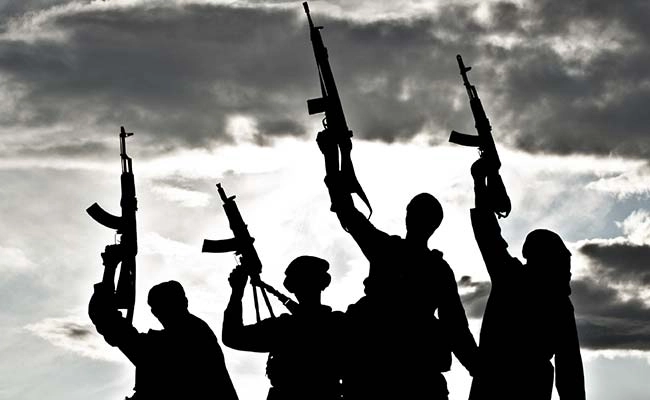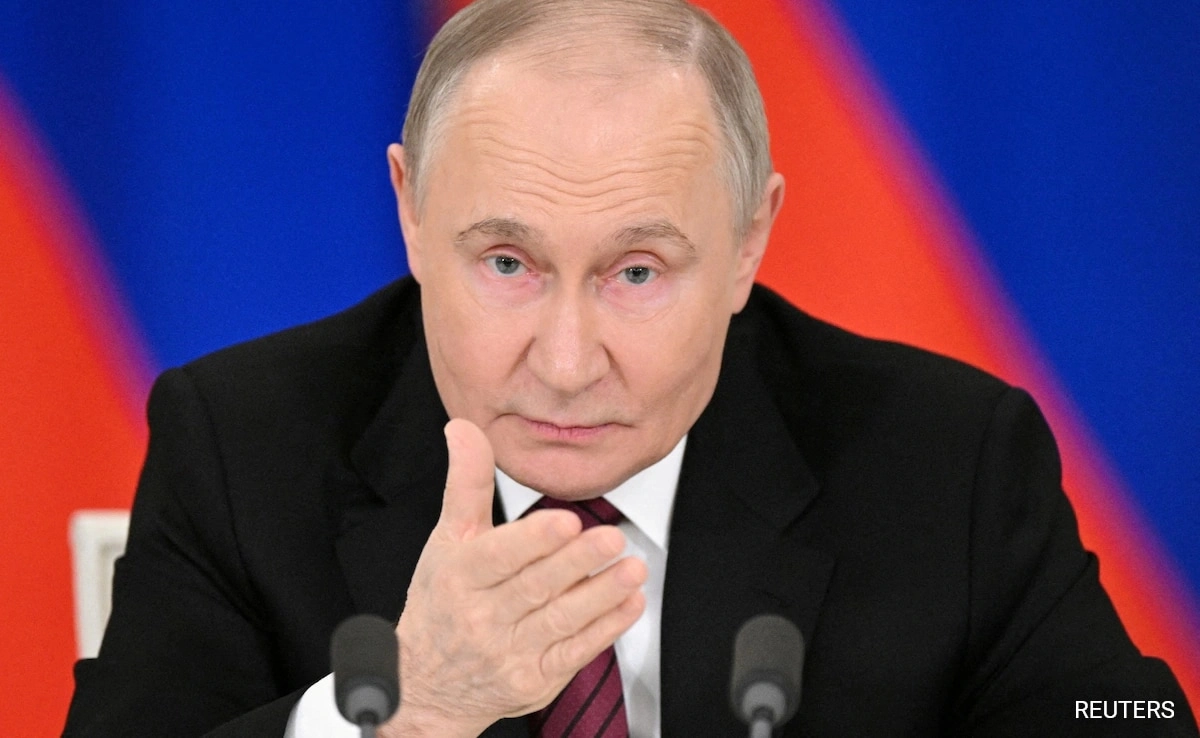Pakistan’s approach to managing its geopolitical interests has often included the use of proxy groups, a strategy that has far-reaching implications for regional stability. The intricate infrastructure that Pakistan has developed to support these proxy entities is not merely a product of spontaneous militancy; rather, it is the result of a calculated and strategic effort to project power and influence, particularly in neighboring India and Afghanistan. This infrastructure encompasses training camps, financial networks, and logistical support systems designed to sustain groups that can operate autonomously while advancing Pakistan’s national interests.
At the heart of this proxy strategy is the establishment of various militant organizations, some of which have been openly supported by state actors, while others operate in a more covert manner. These groups are often framed as freedom fighters or defenders of Islam, enabling Pakistan to maintain a veneer of plausible deniability. This duality allows the state to engage in asymmetric warfare without directly confronting stronger military powers, thus mitigating the potential for severe repercussions. The infrastructure supporting these proxies is extensive, featuring everything from training facilities situated in remote areas to sophisticated communication networks that facilitate coordination and strategy planning.
Moreover, the implications of this infrastructure extend beyond Pakistan’s borders. The activities of these proxy groups can destabilize entire regions, leading to increased tensions and conflicts that often spiral out of control. By leveraging these organizations, Pakistan not only seeks to counter threats from India but also aims to assert its influence in Afghanistan, particularly in the context of the evolving power dynamics following the U.S. withdrawal. This strategy, however, carries significant risks, as it can provoke international condemnation and sanctions, further isolating Pakistan on the global stage.
In conclusion, the elaborate infrastructure that Pakistan has built to support proxy terror is a testament to its complex security landscape. While it may provide short-term tactical advantages, the long-term consequences of sustaining such a strategy are fraught with challenges. As regional dynamics continue to evolve, Pakistan may find itself increasingly cornered by the very structures it has established, necessitating a reevaluation of its approach to both internal and external security. Understanding this intricate web of proxy warfare is crucial for comprehending the broader implications for peace and stability in South Asia.




